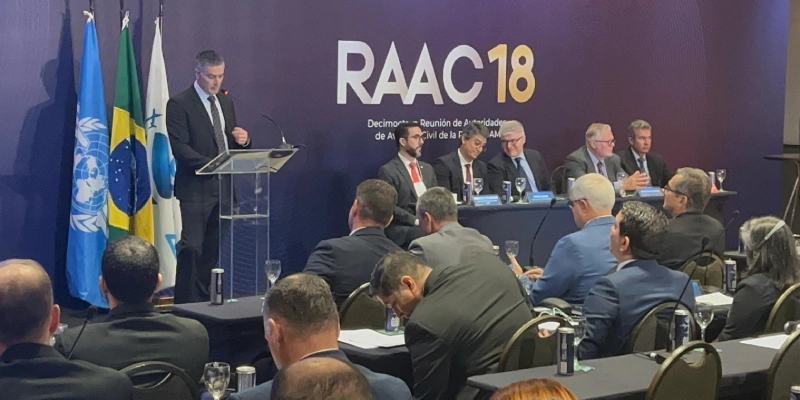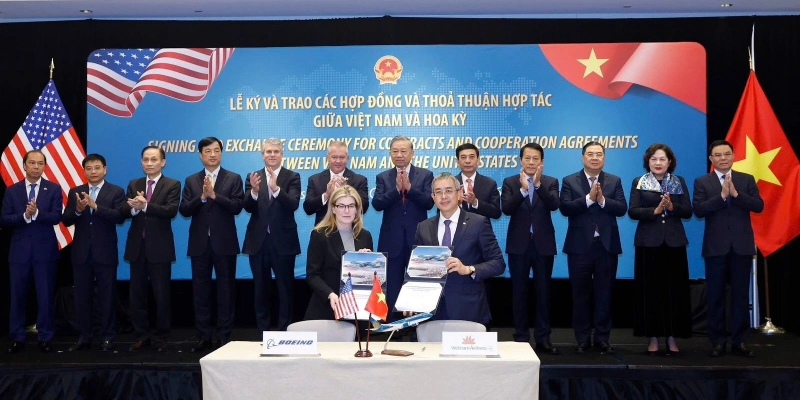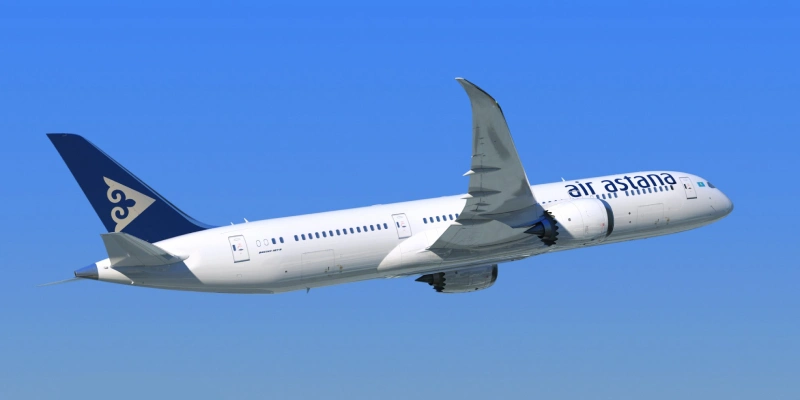This Monday, during the Eighteenth Meeting of the Civil Aviation Authorities of the South American Region in São Paulo, Brazil, Airbus and the International Civil Aviation Organization (ICAO) announced an innovative agreement to support the conduct of feasibility studies on Sustainable Aviation Fuels (SAF) in Argentina, Panama, and Peru. This commitment marks a significant milestone as it is the first time that an ACT-SAF (Assistance, Capacity Building, and Training for Sustainable Aviation Fuels) feasibility study is funded by a private aerospace industry company.
Airbus’ Commitment to Decarbonization
Airbus reaffirms its leadership in the decarbonization of the aviation sector through this initiative, contributing to the ICAO Voluntary Environmental Fund to support the SAF studies. This effort is crucial to advancing toward the goal of net-zero carbon emissions by 2050. Currently, Sustainable Aviation Fuels have the potential to reduce CO2 emissions by an average of 80% over their entire lifecycle, positioning them as a key component in the transition to more sustainable aviation.
→ Airbus A321XLR with Pratt & Whitney Engines Receives EASA Type Certification
Importance of SAF in Latin America
The announcement comes at a strategic time for Latin America, where countries such as Brazil, Colombia, and Chile have made progress in developing regulatory frameworks for SAF. The selection of Argentina, Panama, and Peru as focal points for the study highlights the potential of these emerging markets in adopting sustainable fuels. Additionally, Airbus is actively collaborating with airlines, airports, SAF producers, research institutes, and civil aviation authorities globally to strengthen the SAF ecosystem, addressing regulatory challenges and promoting both supply and demand.
Airbus and Its Collaborative Approach
Airbus’ commitment to sustainability is not limited to financial investment but also includes active collaboration with various industry stakeholders. This holistic approach aims to accelerate the large-scale development of SAF, working together with governments, academic institutions, and the private sector to foster a favorable regulatory environment and incentivize technological innovation in the production and distribution of sustainable fuels.
A Promising Future for Sustainable Aviation
This effort by Airbus not only represents a significant step forward in aviation sustainability but also sets a precedent for private sector participation in the energy transition of the aeronautical industry. By leading these feasibility studies in Latin America, Airbus reinforces its vision of a future with net-zero carbon emissions, demonstrating that innovation and sustainability can go hand in hand to transform the aviation sector.
Related Topics
FAA and EASA Grant Initial Certification to Boeing 777-9 Simulators, Enabling Pre-Training Phase for Pilots
Vietnamese Airlines Sign Agreements for 90 Boeing Aircraft
Air Astana Finalizes Largest Order in Its History: Up to 15 Boeing 787 Jets
Boeing to Inaugurate Fourth 737 MAX Production Line in Everett by Mid-Year

Plataforma Informativa de Aviación Comercial con 13 años de trayectoria.




